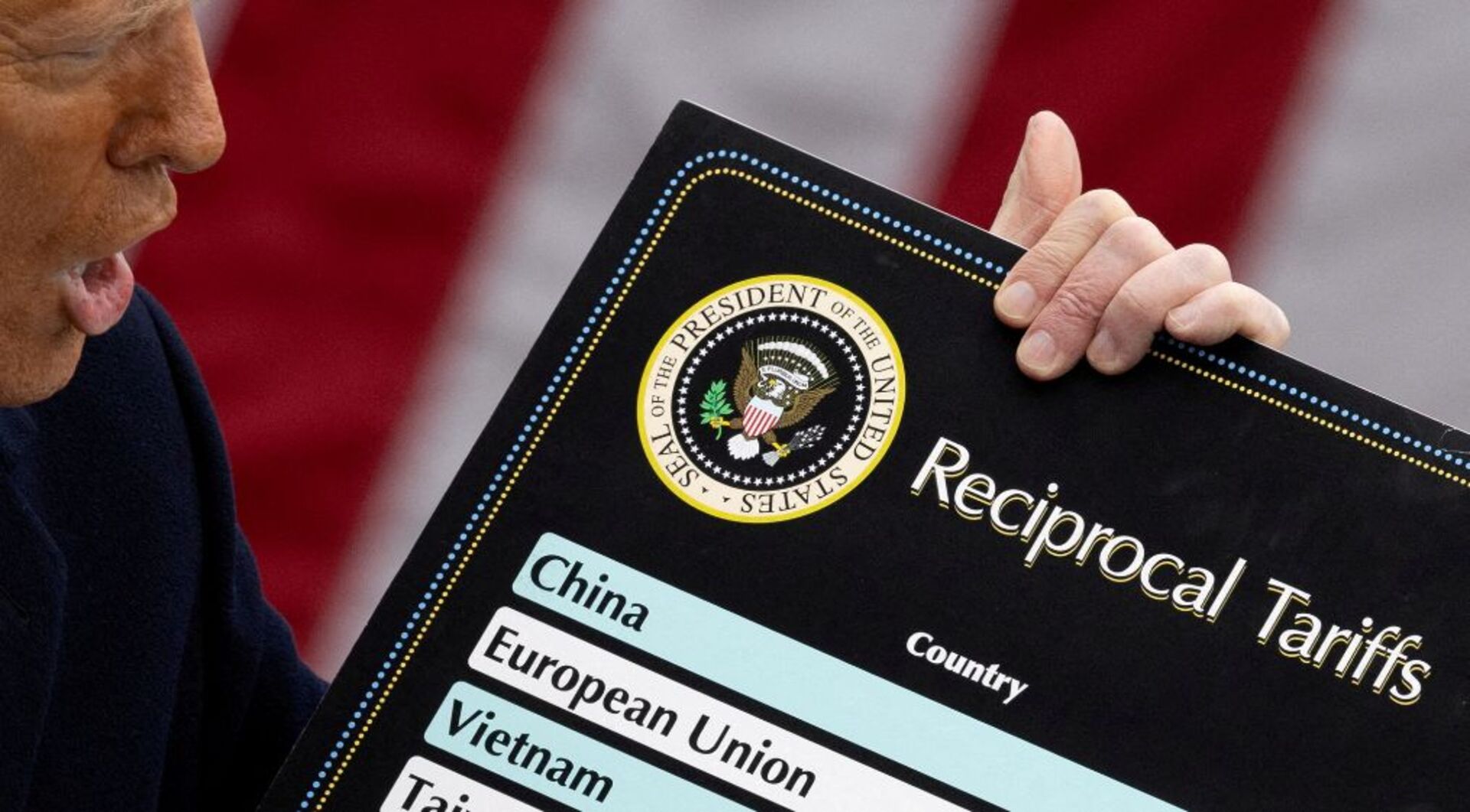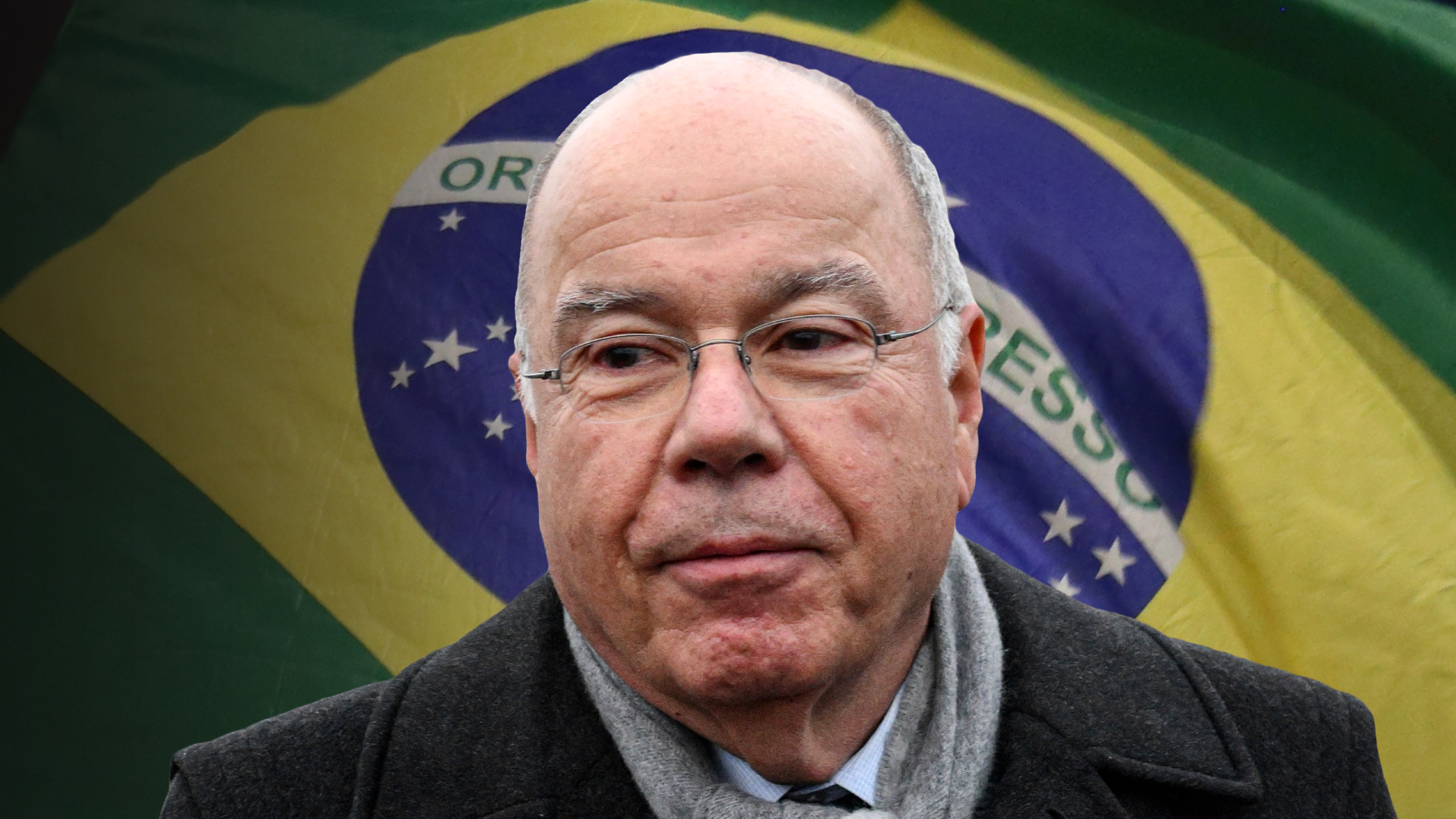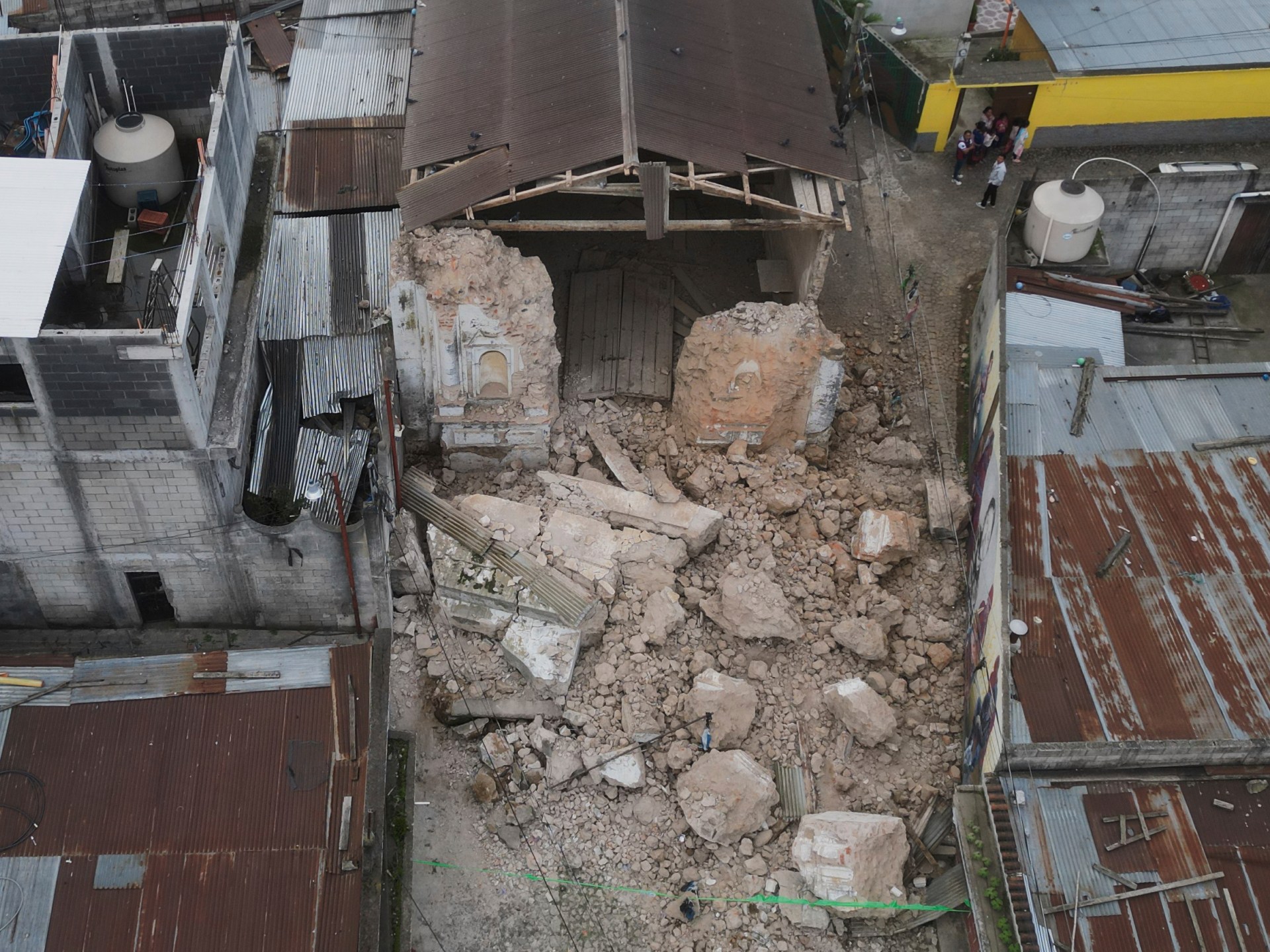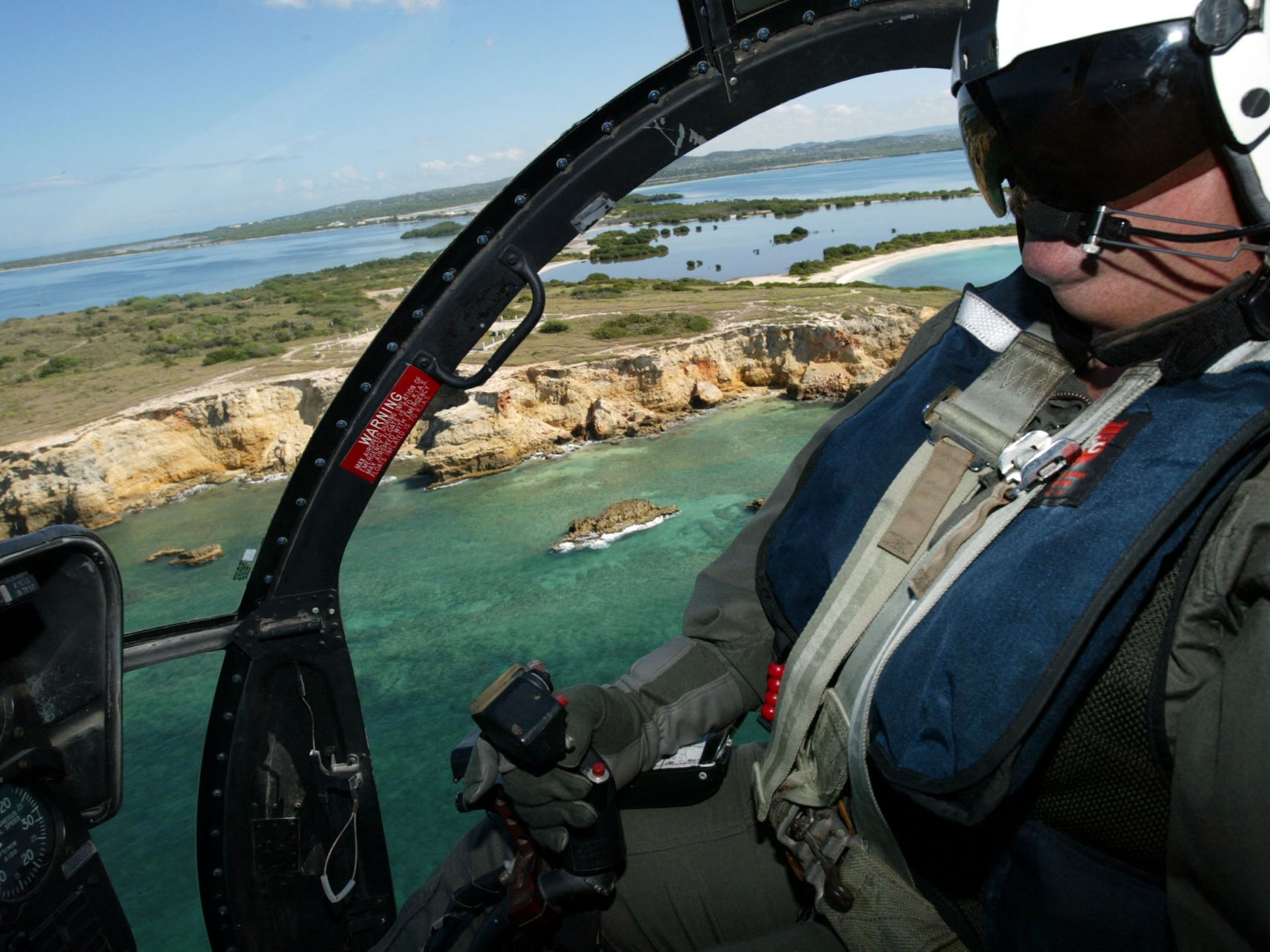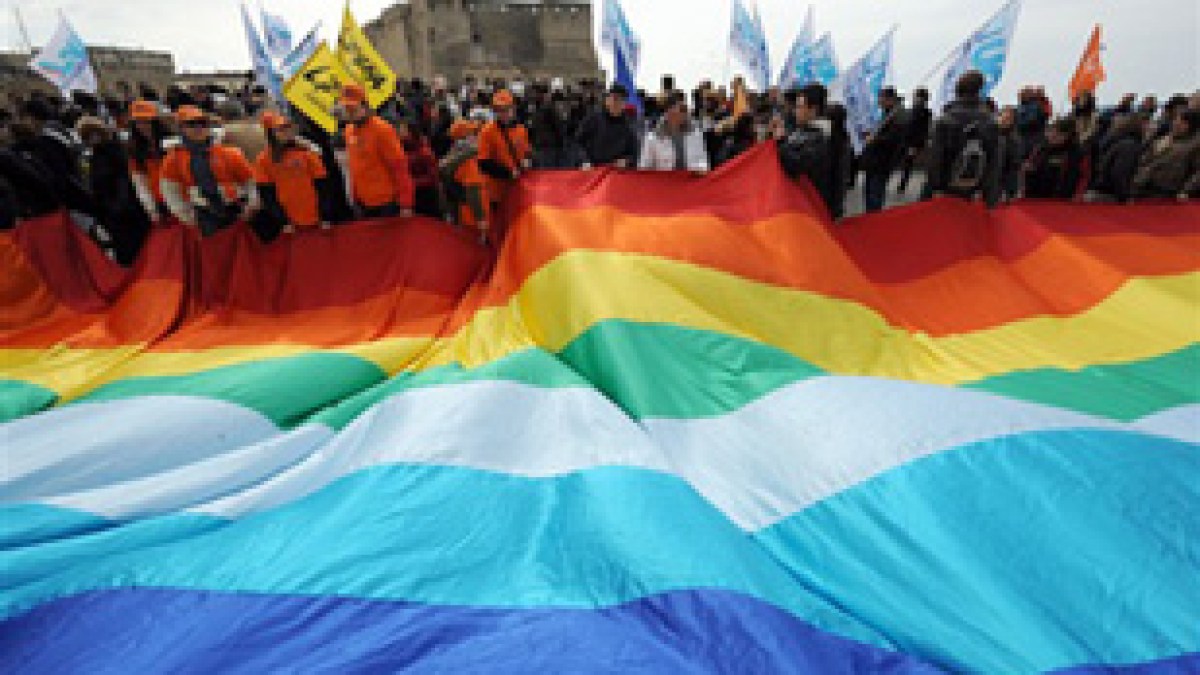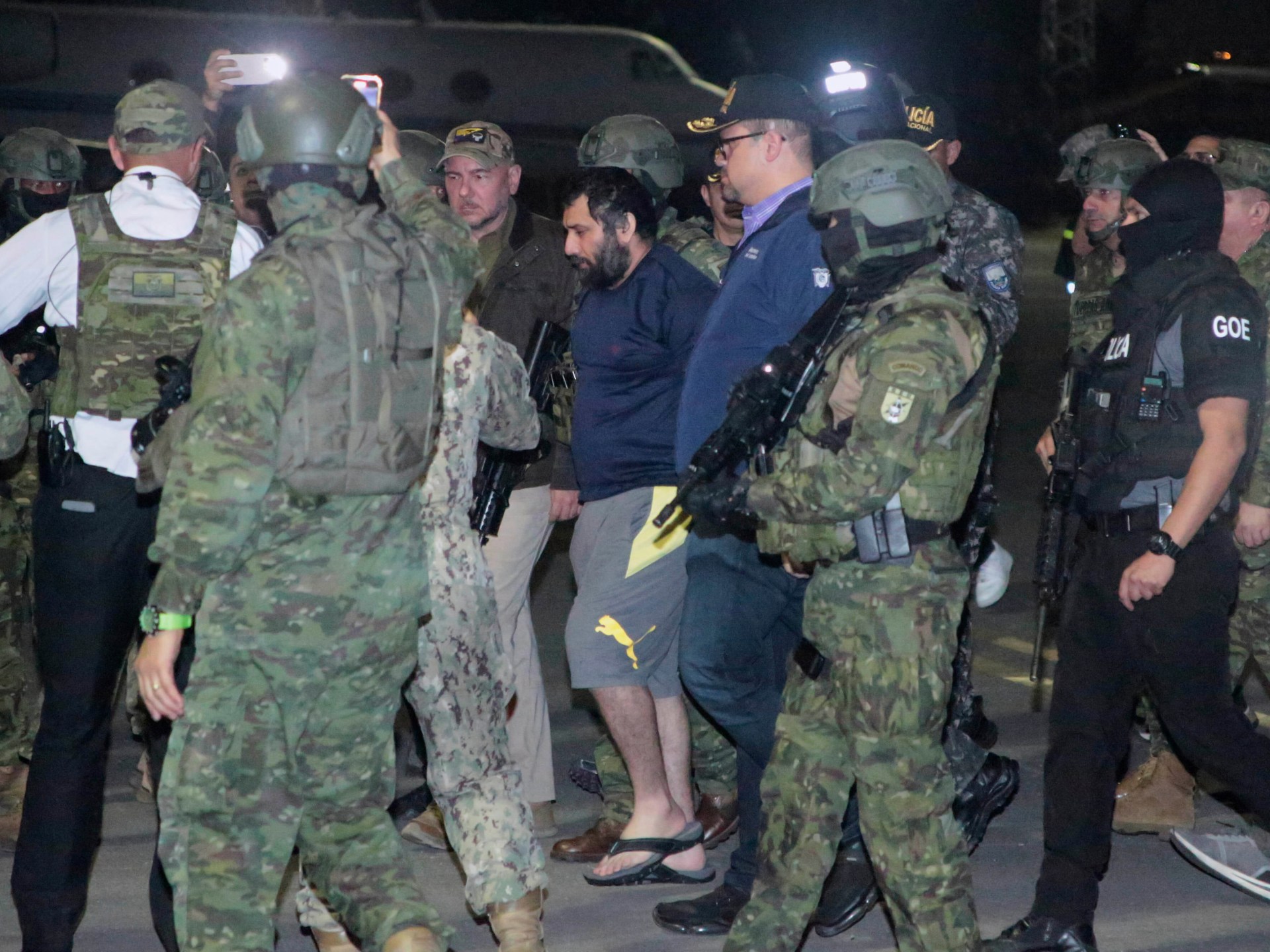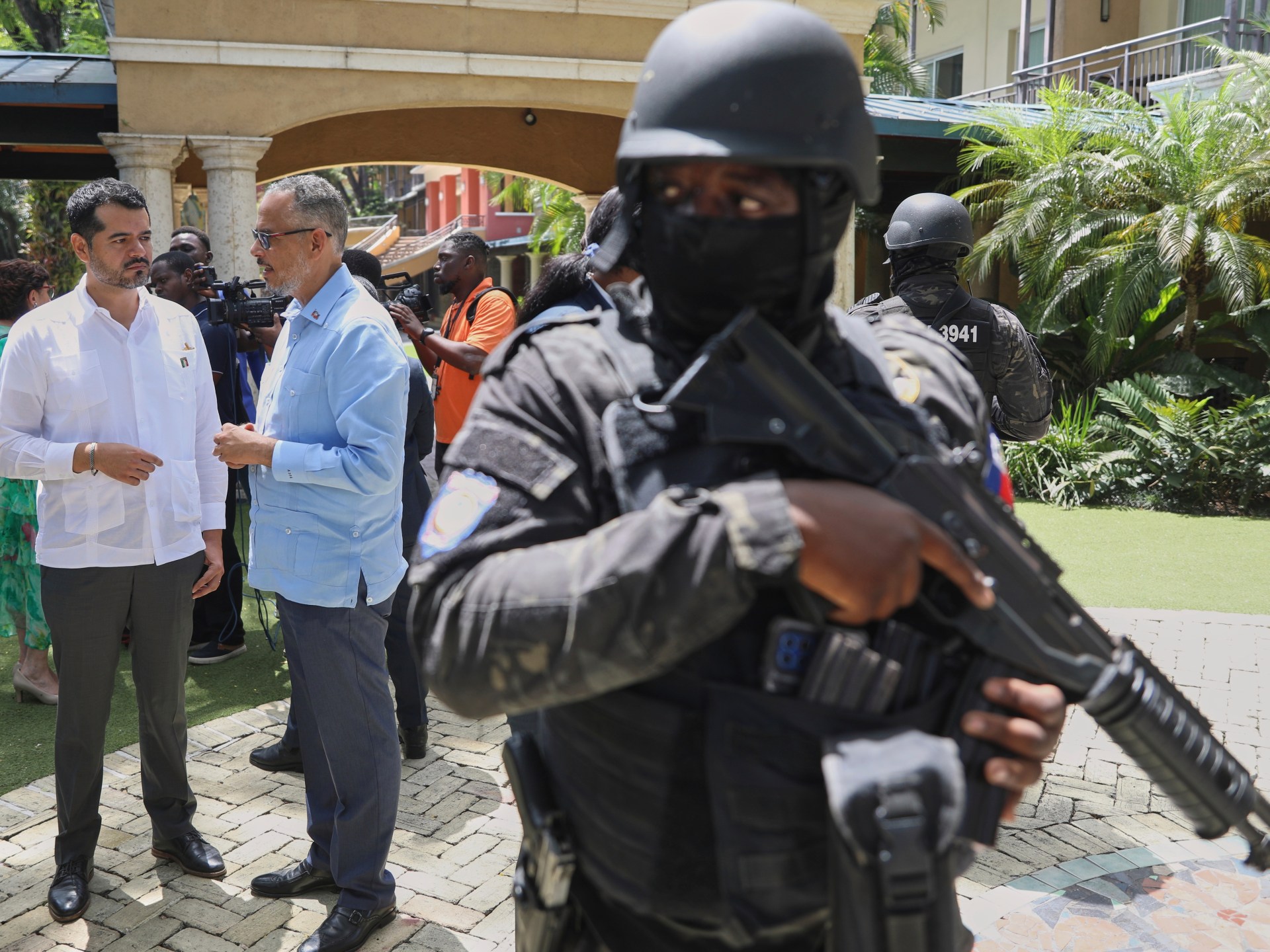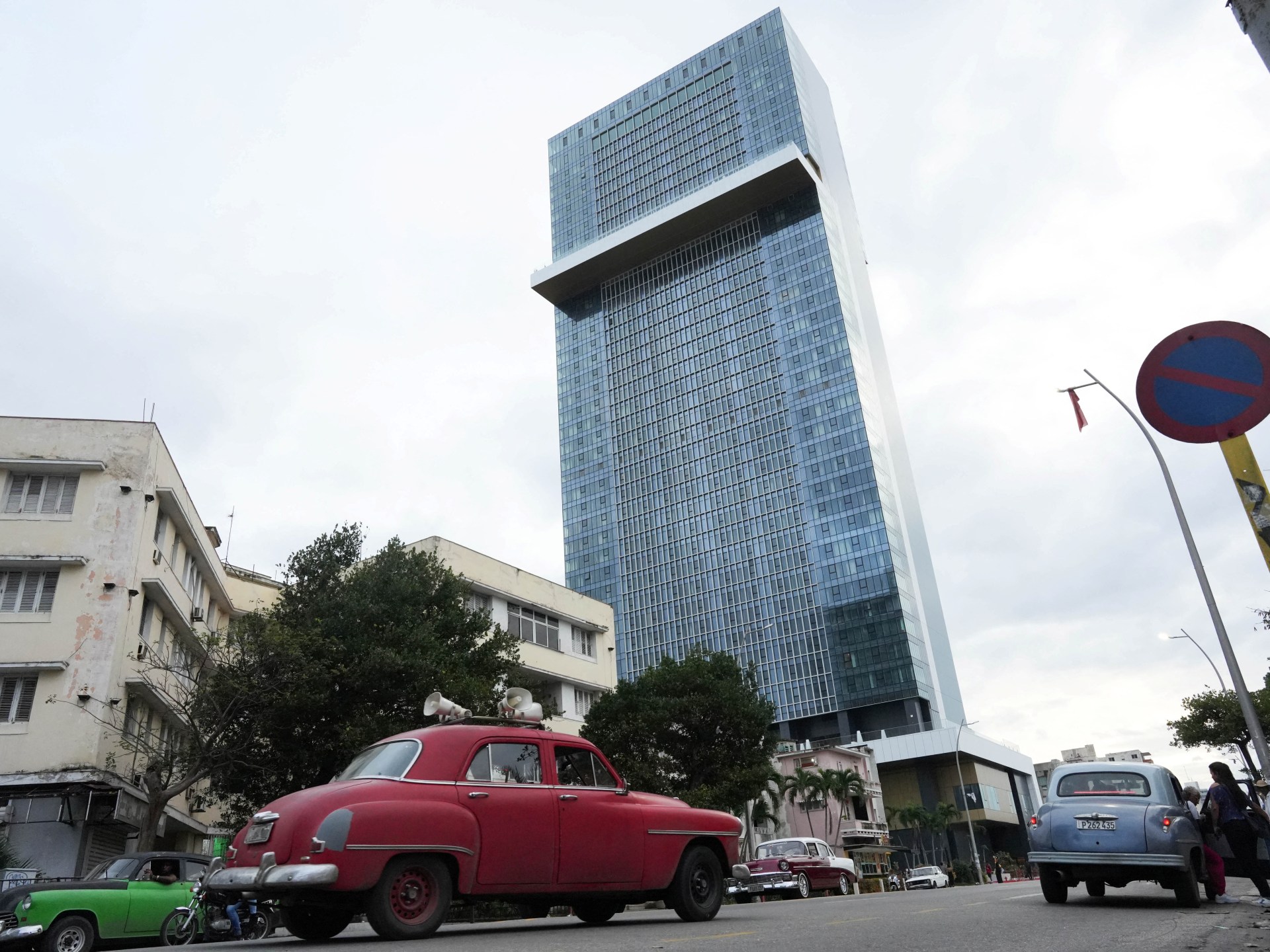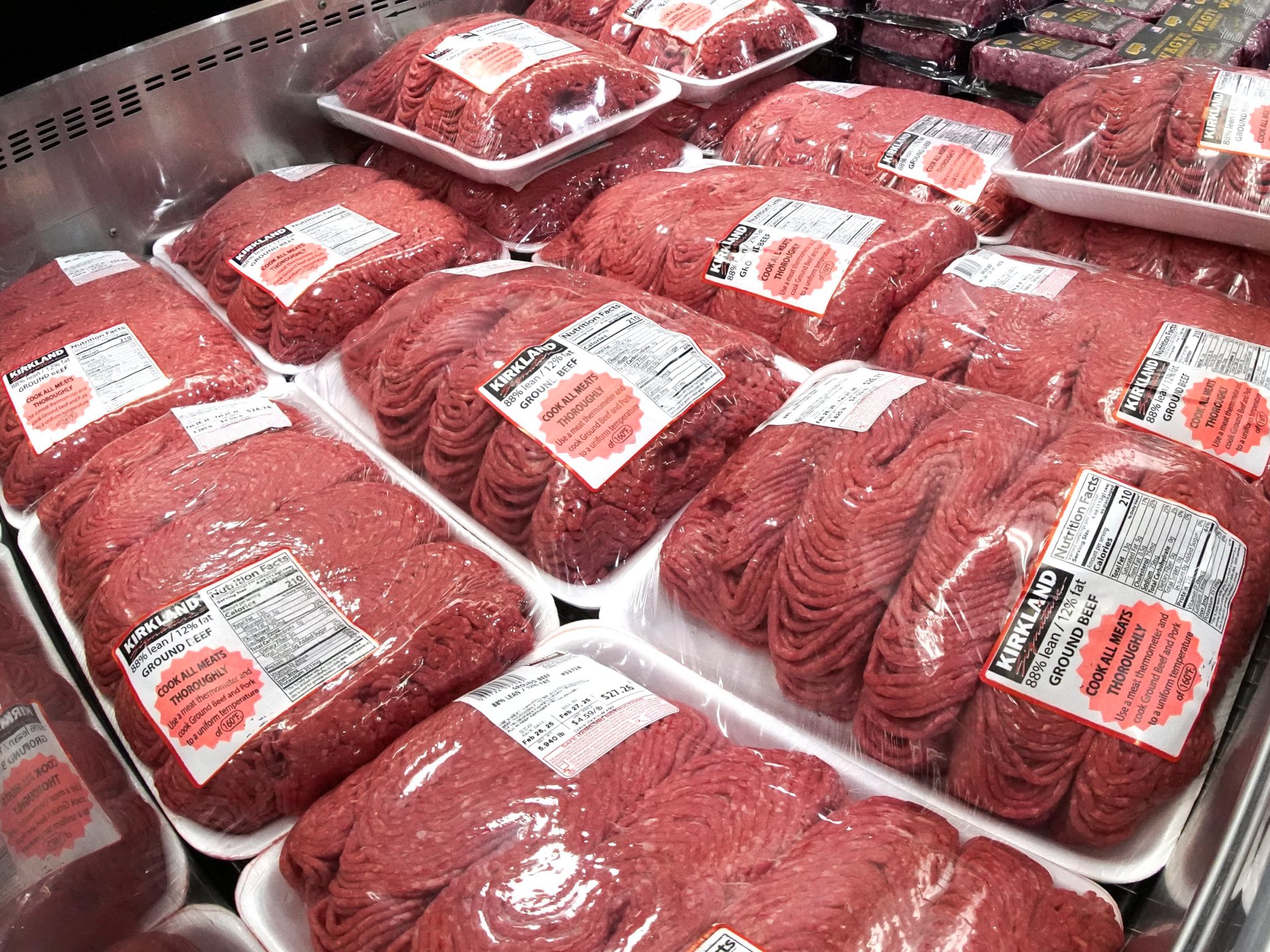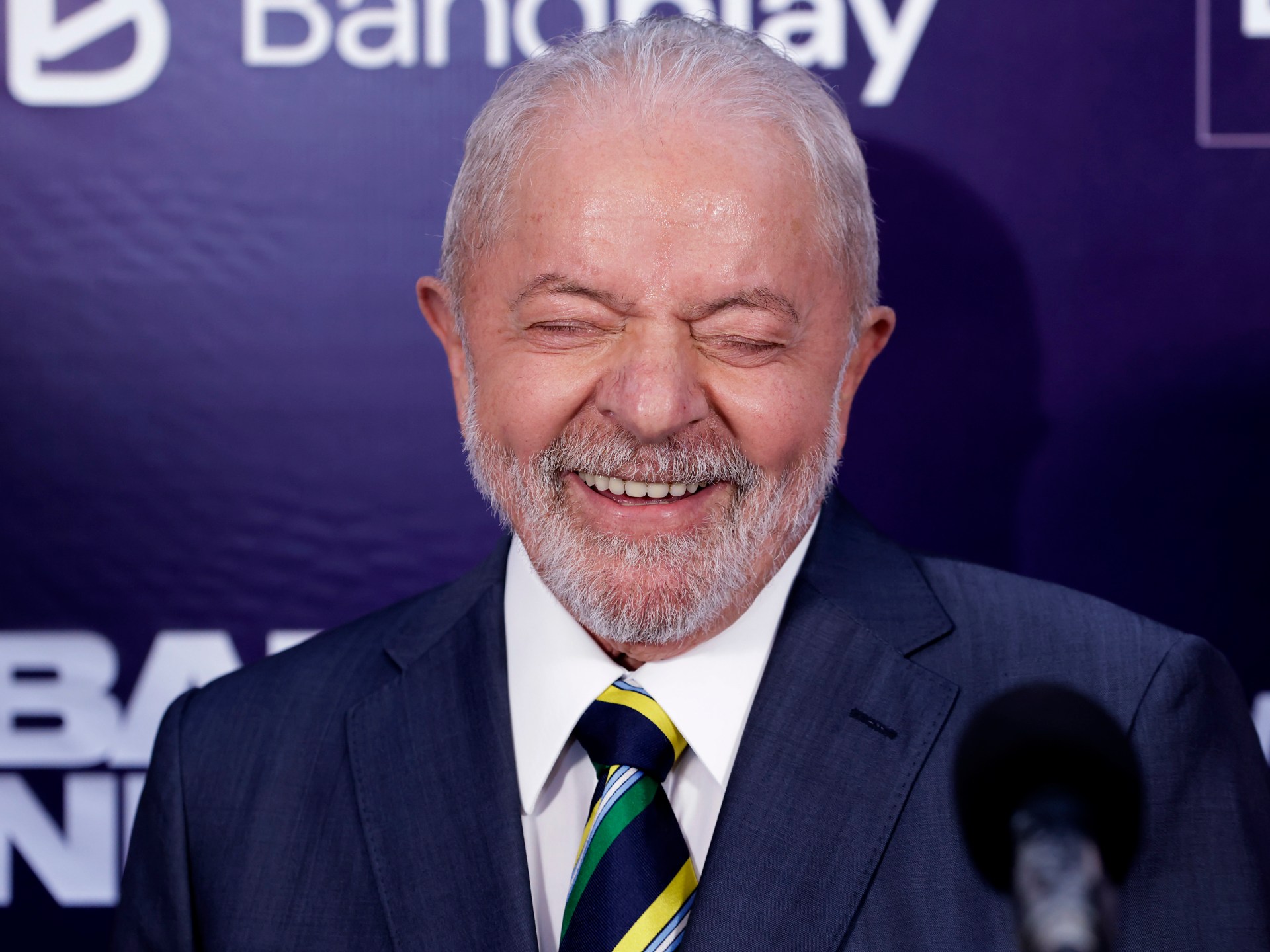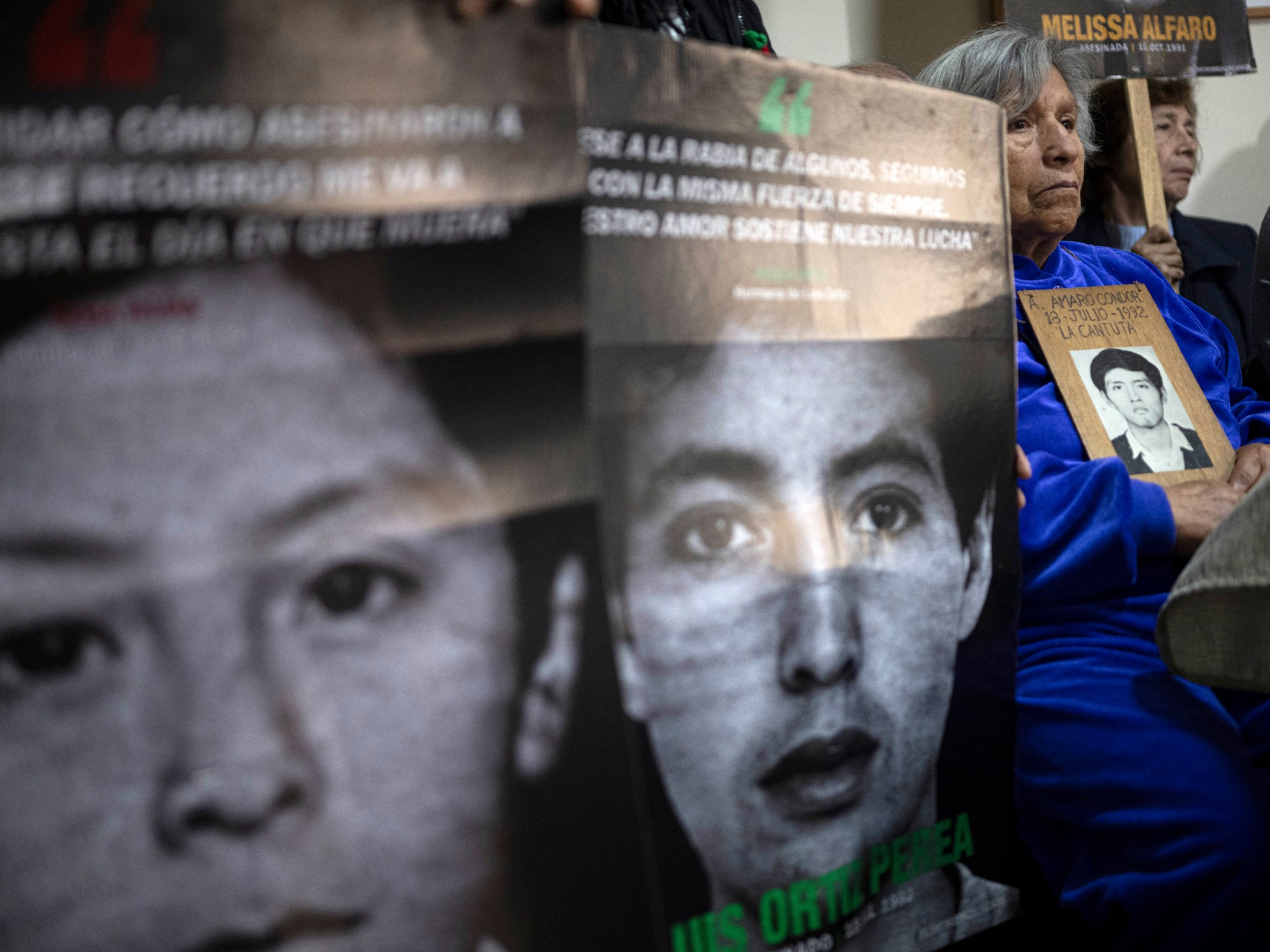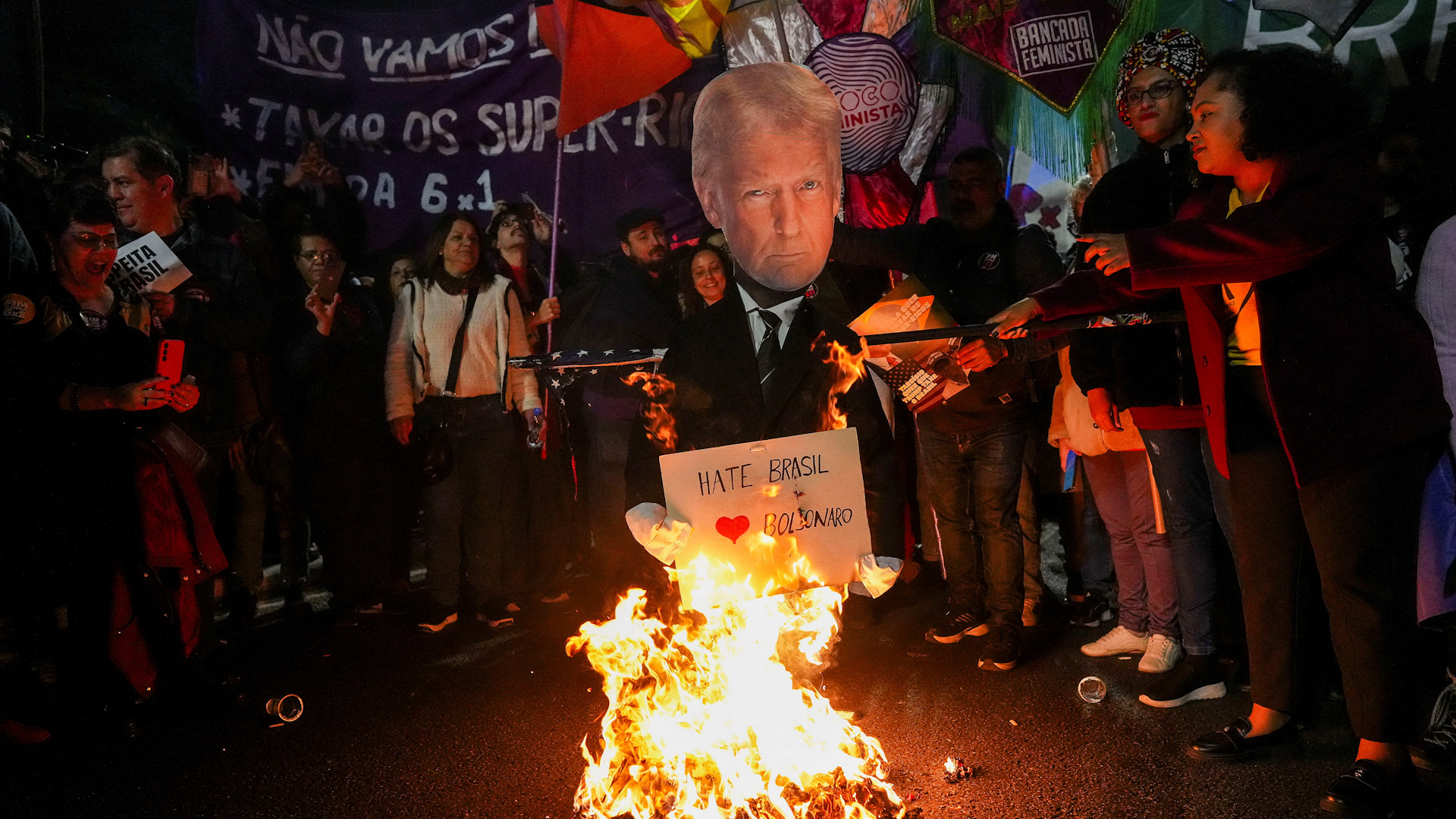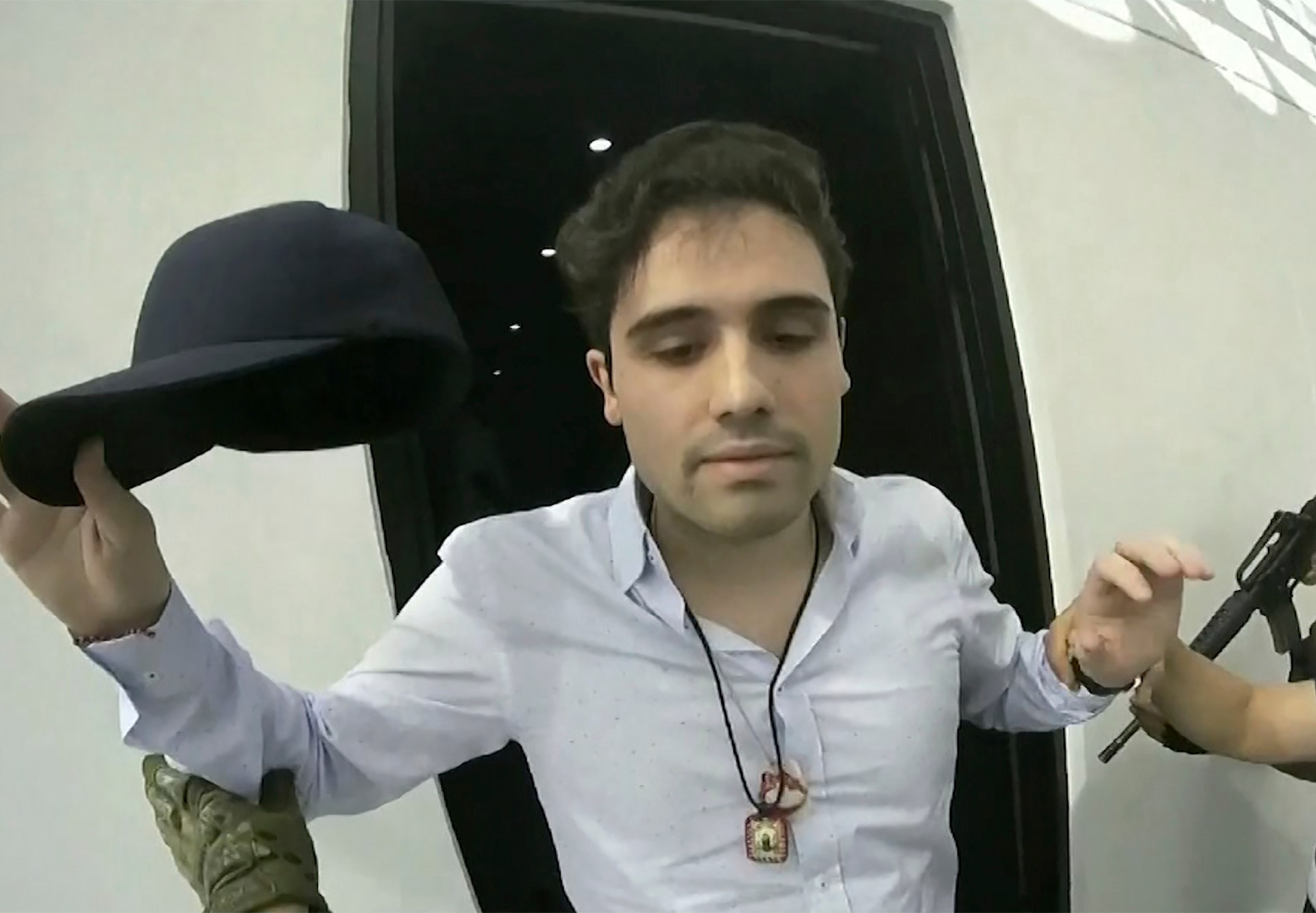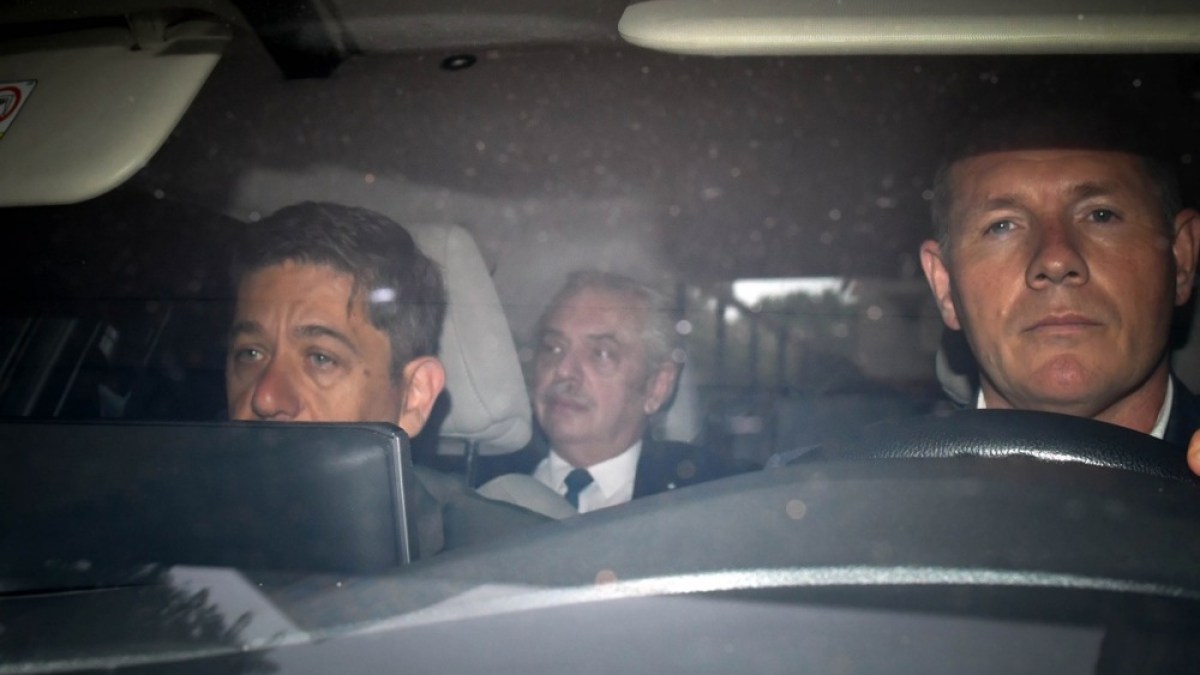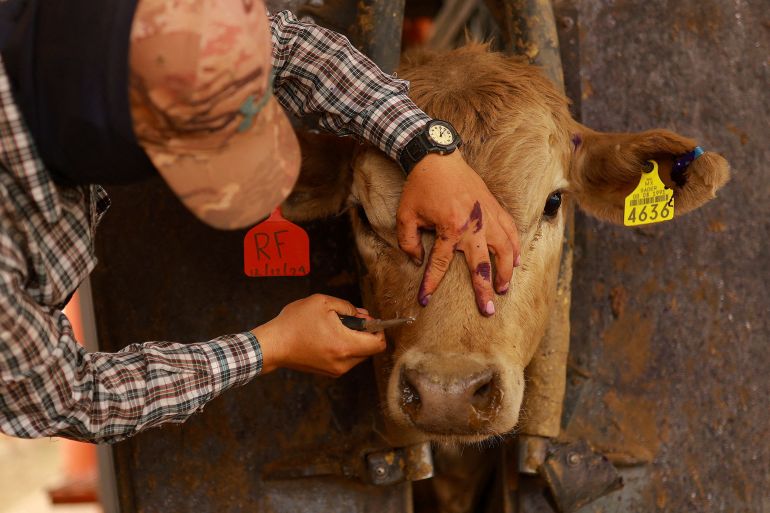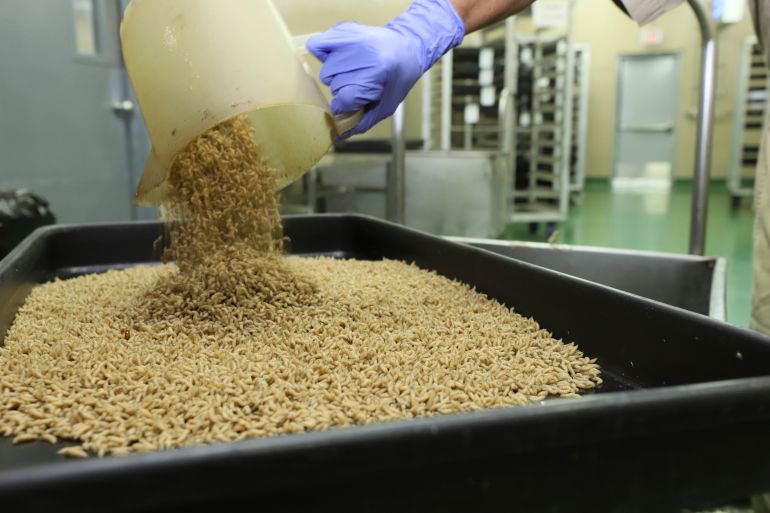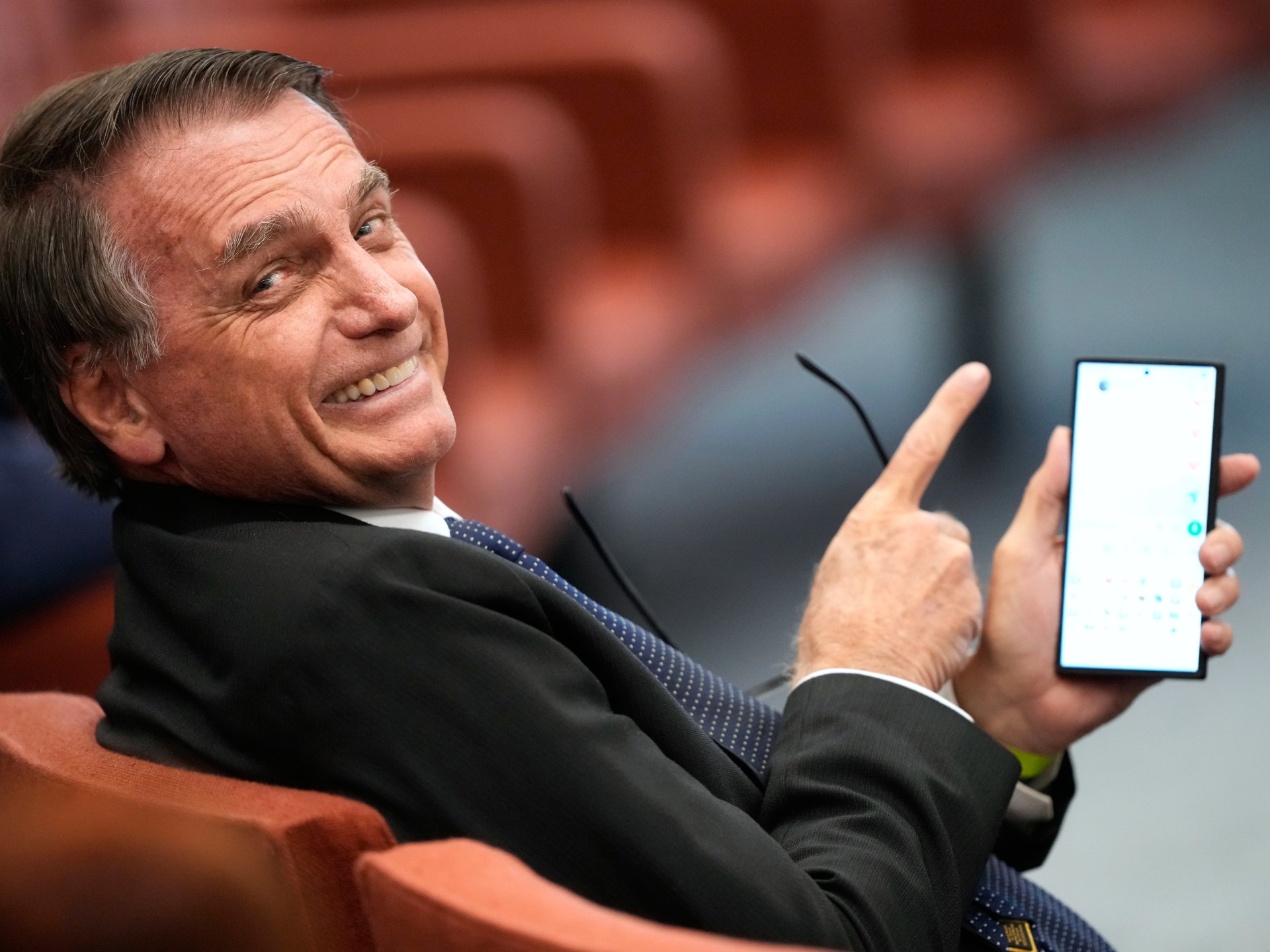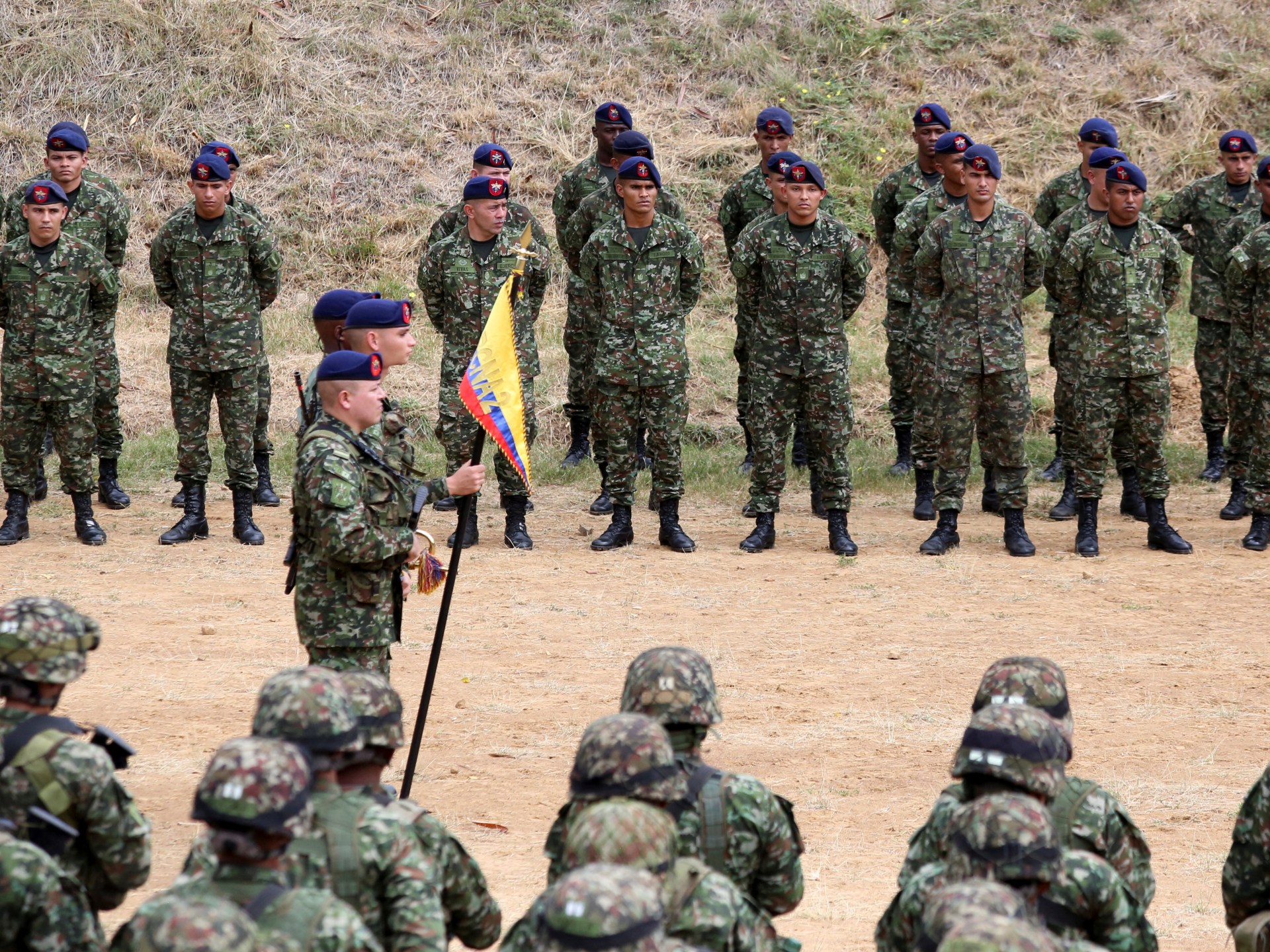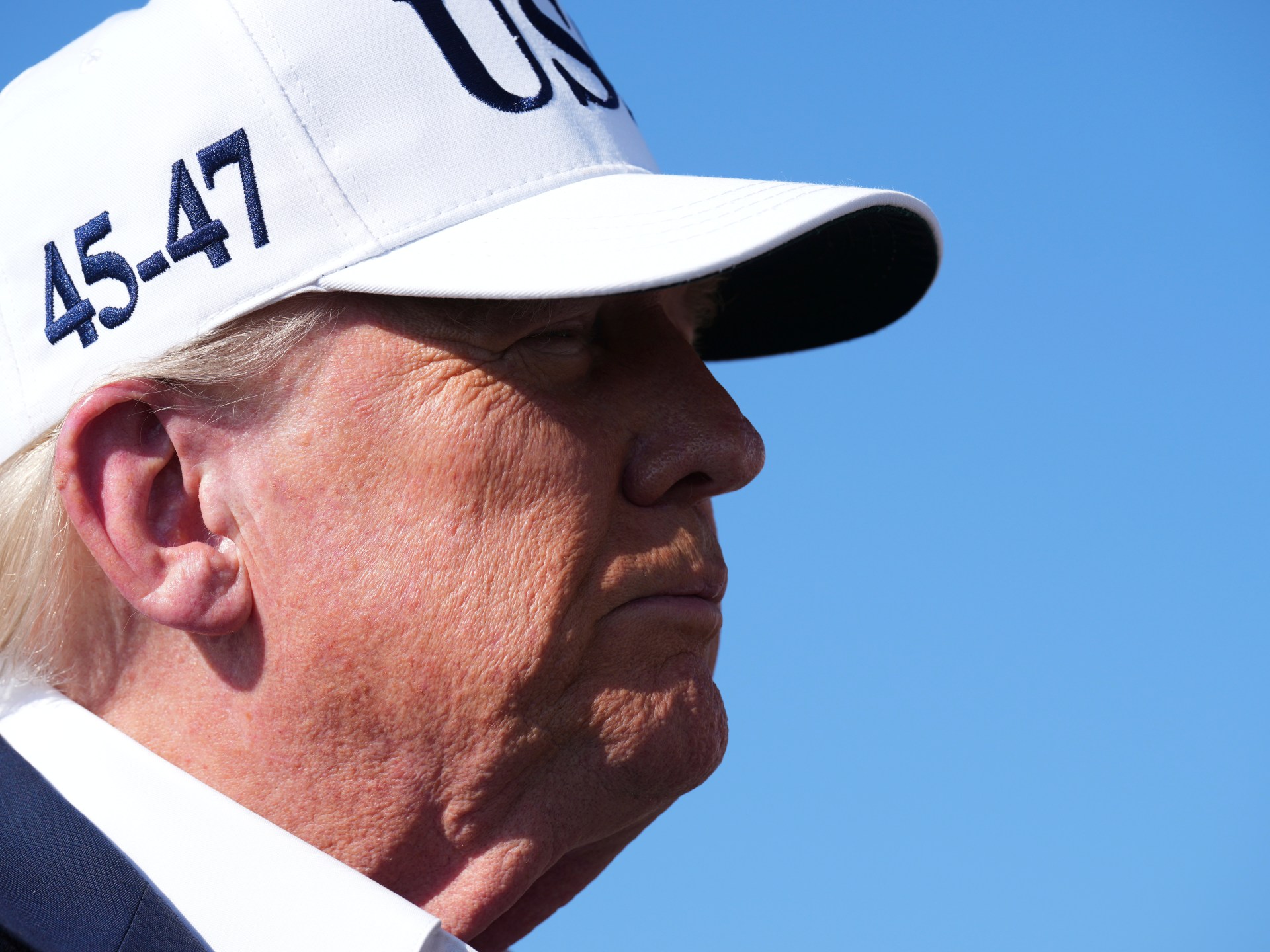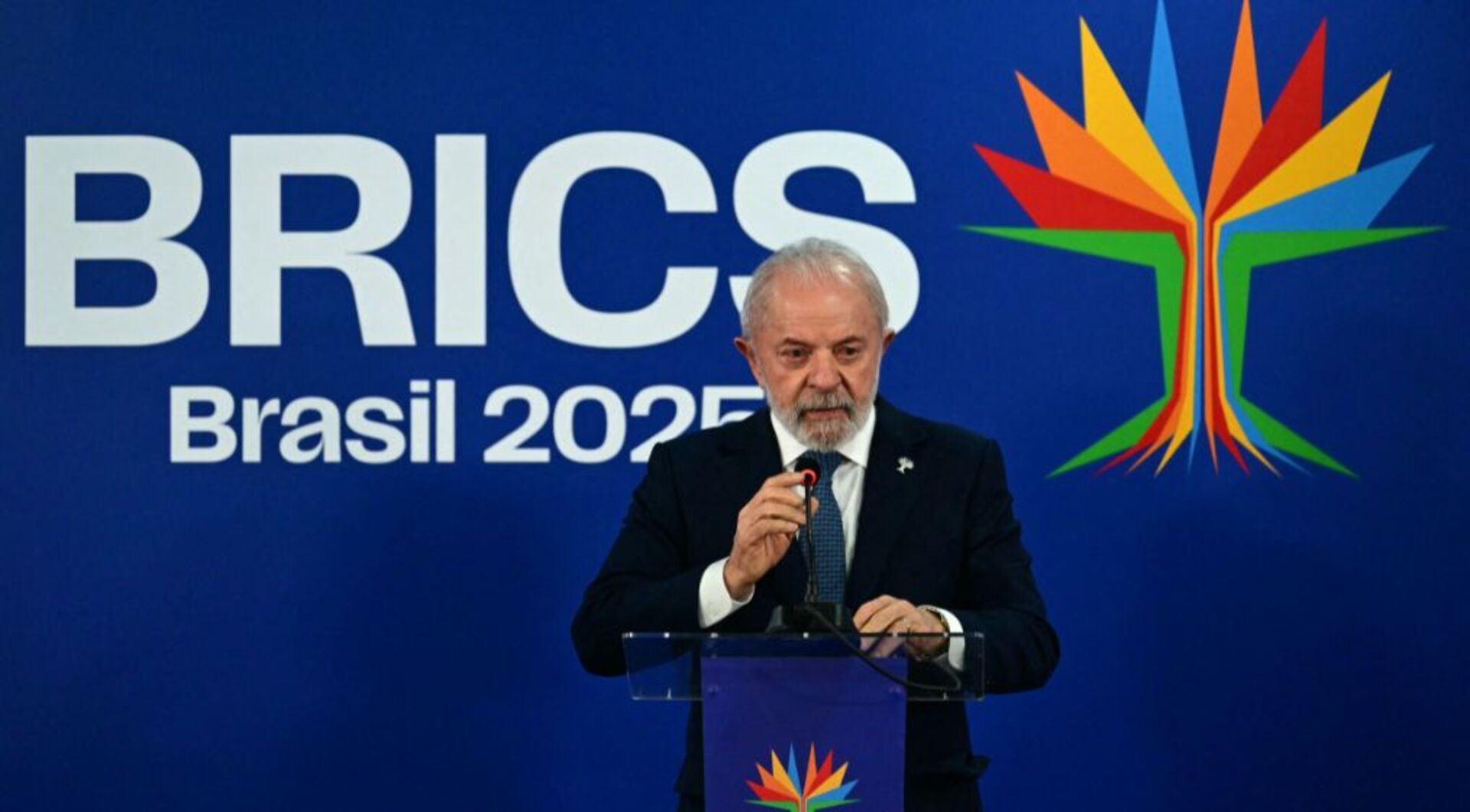The last time Marta saw her 14-year-old son was three months ago – he was wearing rebel army fatigues and holding a rifle as he marched down the street with the other child soldiers.
She ran to the commanding officer and begged him to release her boy, who had been abducted nine months earlier in the middle of the night from their home in eastern Colombia at age 13. The officer, part of a dissident group of the now-demobilised Revolutionary Armed Forces of Colombia, or FARC, waved her away, threatening to shoot her if she didn’t leave.
“All I do is pray and cry and cry and cry and ask God to get my boy out of there,” said Marta, who asked to remain anonymous in order to share her family’s experience safely.
The 40-year-old mother is not alone. Hundreds of mothers across Colombia have lost children to similar armed groups, either through abduction or coercion.
In its annual report for 2024, the International Committee for the Red Cross (ICRC) warned that Colombia faces its worst humanitarian outlook since the 2016 peace deal with the FARC rebel group. It drew special attention to surging child recruitment by armed groups, finding that 58 percent of those living in conflict zones cited it as the top risk in their communities.
As Colombia’s long-running and complex conflicts continue to escalate, with multiple ceasefires and dialogues between the state and armed groups collapsing this year, criminal organisations increasingly rely on underage soldiers to bolster their ranks.
And there is little being done to stop them.
Marta said she is too afraid to report her son’s abduction to the authorities after the armed group made a clear threat when they took him: if she tells the police, they will execute her boy and then come for the rest of the family.
“I have to let him be. I tell myself he is in God’s hands, so as not to put my other children at risk … I have to leave everything in God’s hands,” Marta said. “I don’t sleep, I don’t eat. Sometimes I have no will to do anything, but I have three smaller children with me. And they need me, they need me.”
Gloria, a 52-year-old mother from eastern Colombia who also asked to remain anonymous, shared with Al Jazeera a similar story to Marta’s. In June, her 16-year-old son was taken in the middle of the night and forced to join another armed group.
“I’m desperate, I don’t know what to do,” she said.
Gloria found out about her son’s abduction after receiving a call from a distressed family member. They told her rebel fighters had forcibly entered the house where her son was staying and taken him away.
“They recruited him to fight, and the boy had never even touched a gun,” she said. “He doesn’t know what he’s doing, nothing. At home, we never had any sort of guns.”
Her family fled their rural hamlet in eastern Colombia earlier this year amid intense fighting between the National Liberation Army (ELN) and dissidents of the now-demobilised FARC.
But after arriving at a refugee shelter in the nearest city, they struggled to make ends meet.
Her son tried unsuccessfully to look for work in Bogota and, unable to join his mother at the shelter due to space, he returned to their family home.
“He had to go back [to our hometown], and there they took him by force,” Gloria said.
Unlike with Marta, Gloria’s son was returned home in late June following intense negotiation efforts by local community members and the ICRC.
From 2021 to 2024, officially documented child recruitments jumped by 1,000 percent, increasing from 37 to 409 – but the real number is likely much higher, according to the International Crisis Group (ICG).
“We’re seeing a generation of children lost into these networks of criminality for whom they bear little importance,” Elizabeth Dickinson, senior Colombia analyst at ICG, told Al Jazeera.
She authored a recent report detailing the scourge of child recruitment in Colombia. It found that minors are often given the most basic training before being sent to the front lines, used as cannon fodder to shield higher ranks.
“The casualty rates of kids in combat over the last year have been extremely high,” said Dickinson.
It is difficult to estimate how many child soldiers are killed annually since monitoring groups do not distinguish between civilian and soldier deaths when it comes to children.
However, according to the 2024 UN Secretary-General’s Annual Report on Children and Armed Conflict, at least 14 of the 262 children (176 boys and 86 girls) recruited in 2023 were killed, though rights workers said this number is much higher.
“The majority of those children remain associated (136), 112 were released or escaped, and 14 were killed. Some 38 children were used in combat roles,” according to the report, which noted that one child was recruited on two separate occasions by different armed groups.
The report said 186 children were recruited by the Revolutionary Armed Forces of Colombia – People’s Army (FARC-EP) dissident groups, 41 by the National Liberation Army (ELN), and 22 by the Gulf Clan (also known as Autodefensas Gaitanistas de Colombia).
“According to the Colombian Family Welfare Institute, 213 children formerly associated with armed groups entered its protection programme,” it said.
As a result, families who lose children to recruitment endure unbearable pain, fearing that their child may be dead or injured.
By force or coercion
While cases of forced recruitment are far too common, in most cases, minors “voluntarily” enlist to fight after being lured in with false promises, according to ICG’s Dickinson.
“We’re talking about armed and criminal groups winding a fantastical tale to these children that it sounds so much better than their normal life, that they leave of their own volition,” said Dickinson.
Groups use TikTok, WhatsApp and Facebook to sell a glamourised image of life in arms, according to Dickinson. Boys are targeted with videos showing flashy motorbikes, guns and money. The armed groups target young girls by luring them with promises of romance, empowerment, education and in some cases, even cosmetic surgery.
But children face a very different reality after enlisting and are used by senior-ranking members to do their dirty work. Seen as more pliable, minors are given tasks like dismembering bodies or patrolling remote jungle areas for days on end. Child sexual abuse is also rampant.
“All [child recruitment] is forced even if it wasn’t done using force, even if it wasn’t through coercion,” said Hilda Molano, coordinator at the Coalition Against the Involvement of Children and Young People in the Armed Conflict in Colombia (COALICO).
COALICO provides assistance to families and children affected by recruitment and helps compile official data on the phenomenon. Molano says the number of cases officially registered and verified is likely less than 10 percent of the reality.
She said child recruitment is at its worst level since 2009, when the decimated FARC rebels sought to recoup lost manpower.
“It is a cultural problem that transcends the boy and the girl of today,” Molano told Al Jazeera, citing historical cycles of conflict that have dogged Colombia for decades.
The COALICO coordinator described how violence has become normalised, and with it, the acceptance of illicit activities as a means of escaping poverty. Many of Colombia’s youth view joining an armed group as the only way to improve their quality of life and gain independence.
“Young people in Colombia have very few spaces where they feel like they have a voice, feel like they’re heard,” explained Dickinson.
With child recruitment rising, experts warn that stopping it is a mammoth task that would have to address poverty, armed conflict and cultural norms.
“We cannot save everyone. It’s a sad reality,” said Molano.
But that has not stopped her from fighting recruitment when she can; Molano believes that protecting children must start at the grassroots level.
“The solution lies in daily support, in the case-by-case, because otherwise, we don’t make a difference. In the masses we get lost,” explained Molano.
As with Marta, who still holds out hope that her son will return, hundreds of mothers across the country remain at the mercy of armed groups, praying to see their children healthy and living once again.
“I trust in God that he is alive. I also trust in [the group], that they will not harm him. You cannot imagine the agony that I have to live through,” said Marta.
